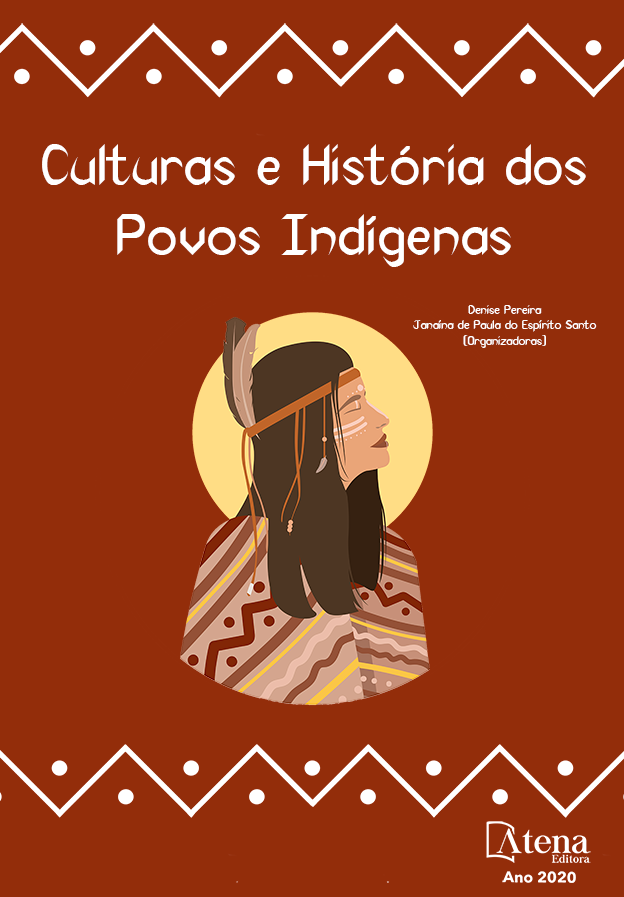
THE FORMS OF PARTICIPATION OF INDIGENOUS PEOPLES IN PUBLIC POLICIES AND THE INTERETHNIC IMPASSES IN THE IMPLEMENTATION OF THE PUBLIC POLICY COUNCIL FOR INDIGENOUS PEOPLES OF TOCANTINS
Este artigo surge a partir dos resultados obtidos por uma pesquisa realizada entre 2016 e 2017, no âmbito do pós-doutorado em telejornalismo público (UFT/UFJF), sobre a cobertura das temáticas indígenas pela TVE-TO. Mediante a constatação do descumprimento do princípio fundamental da Comunicação Pública, quanto ao dever de reconhecer e valorizar a diversidade étnica-cultural (considerando-se ser o Tocantins um estado brasileiro que possui 6[1] territórios indígenas, cujos povos se reorganizam em dez configurações[2], e integra a Amazônia Legal) e, ainda, a verificação da falta de instituição dos mecanismos legais para o exercício da cidadania (tais como efetivação de conselhos televisivos consultivos e/ou deliberativos), propõe-se nesta análise ampliar a abordagem das instâncias e modos de participação social dos agentes políticos envolvidos nas discussões e definições das políticas públicas voltadas aos povos indígenas.
Diante desse contexto, debate-se a variação dos mecanismos institucionais adotados pelo poder executivo estadual do Tocantins quanto às formas de participação de indígenas e indigenistas nas políticas públicas relacionadas aos povos indígenas, no referido Estado. Em determinadas áreas setoriais (Meio Ambiente) e sociais (Saúde), os indígenas e entidades indigenistas têm direito ao assento nos conselhos da gestão pública voltada ao conjunto da população. Já em determinada área social, como na da Educação, existe um conselho específico para a política pública educacional indígena. Analisa-se assim, neste panorama, o modo pelo qual surgiu, em novembro de 2016, a proposta encampada pela Diretoria dos Direitos Humanos, da Secretaria da Cidadania e da Justiça para criação do Conselho de Políticas Públicas para os Povos Indígenas do Tocantins-COMPIT.
THE FORMS OF PARTICIPATION OF INDIGENOUS PEOPLES IN PUBLIC POLICIES AND THE INTERETHNIC IMPASSES IN THE IMPLEMENTATION OF THE PUBLIC POLICY COUNCIL FOR INDIGENOUS PEOPLES OF TOCANTINS
-
DOI: 10.22533/at.ed.66820160918
-
Palavras-chave: Participação social; conselhos indigenistas; COMPIT.
-
Keywords: Social participation; indigenous councils; COMPIT.
-
Abstract:
This article is a product of post-doctorate research in public television news (UFT /
UFJF) carried out between 2016 and 2017, intending to cover indigenous themes by
TVE-TO. Upon verification, there was no compliance with fundamental principles of
public communication, thus regarding the duty to recognize and value the ethnic-
cultural diversity of indigenous people in Tocantins state. This state has six
indigenous territories, with an indigenous population that contemplates ten
configurations and integrates the Legal Amazon. Further, institutions were absent for
legal mechanisms to the exercise of citizenship (e.g., effective consultative and/or
deliberative television councils). This work aimed to expand the participation of
political agents (approach of the instances and modes of action) involved in the
discussions and definitions of public policies for indigenous populations. In this
context, there is debate about the variation in institutional mechanisms adopted by
the Tocantins state executive power regarding the forms of participation of
indigenous and indigenists in public policies related to indigenous people, in the
aforementioned State. In certain sectoral (environment) and social (health) areas,
indigenous and indigenists entities remain entitled to participate in public
management councils aimed at the population as a whole. In social areas such as
education, there is a specific council for public indigenous education policies. In
November 2016, the proposal adopted by the Directorate for Human Rights, the
Secretariat for Citizenship, and Justice for the creation of the Public Policy Council for
Indigenous Peoples of Tocantins-COMPIT, analyzed in this context.
-
Número de páginas: 15
- Adriana Tigre Lacerda Nilo


